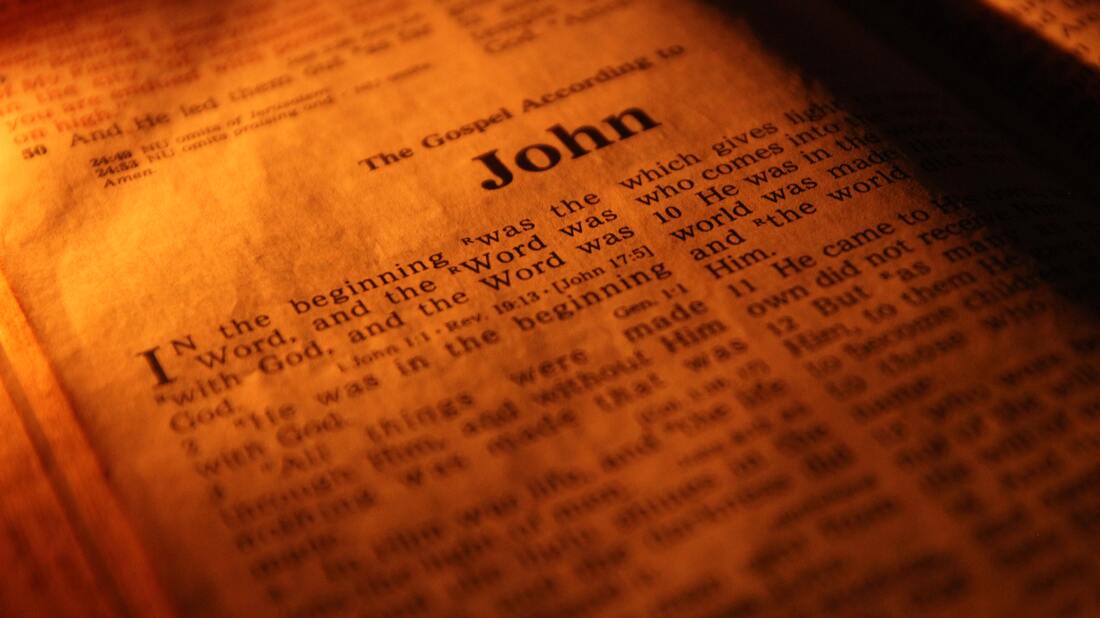|
It is sometimes shocking to find out what people believe about Christ. Most cults and false religions see him as either a very good person, or that He was a prophet, or even that He was the Son of God. None of these are necessarily wrong, however, they fall short of the true identity of our Lord. Jesus himself made the exclusive claim that salvation is only possible through him. He did so by claiming that He and the Father were one. This is to say that Jesus of Nazareth and God the Father are equal in importance. Simply stated, Christ Jesus did claim to be God.
In many ways Christians find themselves in the midst of a fierce battle, i.e. the battle for the deity of Jesus Christ. In order to prove the deity of our Lord, we will have a look at the Bible's interpretation of the person of Christ. In doing so, it should become evident that He possessed the attributes of the living God. We will also look at some of Christ's claims regarding himself. The Gospels are replete of evidence that Christ claimed to be God. Not only did He claim to be God, but He also proved that He was God through the many miraculous deeds done by him during his time on earth. The resurrection being not the least of these. It would become obvious that these findings are in direct opposition to any cult or false religion that does not believe that Jesus is God. Read full article here
0 Comments
A while ago I introduced a subject that may have rattled a few theological cages — the role of the Decalogue in evangelism. This response is quite understandable. As Christians we should all have great respect and reverence for the entire Word of God (Ac. 20:27). We believe that the Word is inerrant and infallible and that it is therefore applicable to, and sufficient to all people of all times (Ps. 19). When we hear phrases like the “obsolescence of the Law of Moses” or the “end of the Law,” it does have a somewhat unsettling effect.
However, this need not be the case. What I introduced in that article is no new concept. Rather, it is something that all Christians of different hermeneutical stripes must agree on, albeit, to varying degrees. For this reason, covenantalists (who typically believe that the Law of Moses is still intact in some ways today) and dispensationalists (who argue that the Mosaic Law in its entirety has been served in the OT) must all agree to an assumed level of breakage or disconnect with the Old Law. Some obvious examples would be for instance that we don’t cast lots anymore to discern the will of the Lord (Lev. 16:8). Rather we commit all things to God in prayer (Ps. 37:5; Phil. 4:6-7). We also don’t require young, unmarried men to marry their deceased brother’s childless widow (Deut. 25:5-10) to propagate his lineage. Rather, the NT reveals a great level of freedom in who we marry as long as we marry in the Lord (1 Cor. 7:39). Differences like the ones mentioned above highlight the fact that there is clearly a level of disconnect between OT and NT times. Any study of such differences involves studying the “continuity vs. discontinuity” between the two testaments. Some Christians do not see as much disconnect between the two testaments as others might. As already stated, this is typically true of covenantalists and dispensationalist. However, even among covenantalists there are disagreements as to the level of discontinuity between the two testaments (classic covenantalism vs. new covenantalism), as there are disagreements among dispensationalists (classical dispensationalism vs. progressive dispensationalism). Read full article here A Presuppositional Apologetical Response |
Topics
All
By Date
March 2024
|





